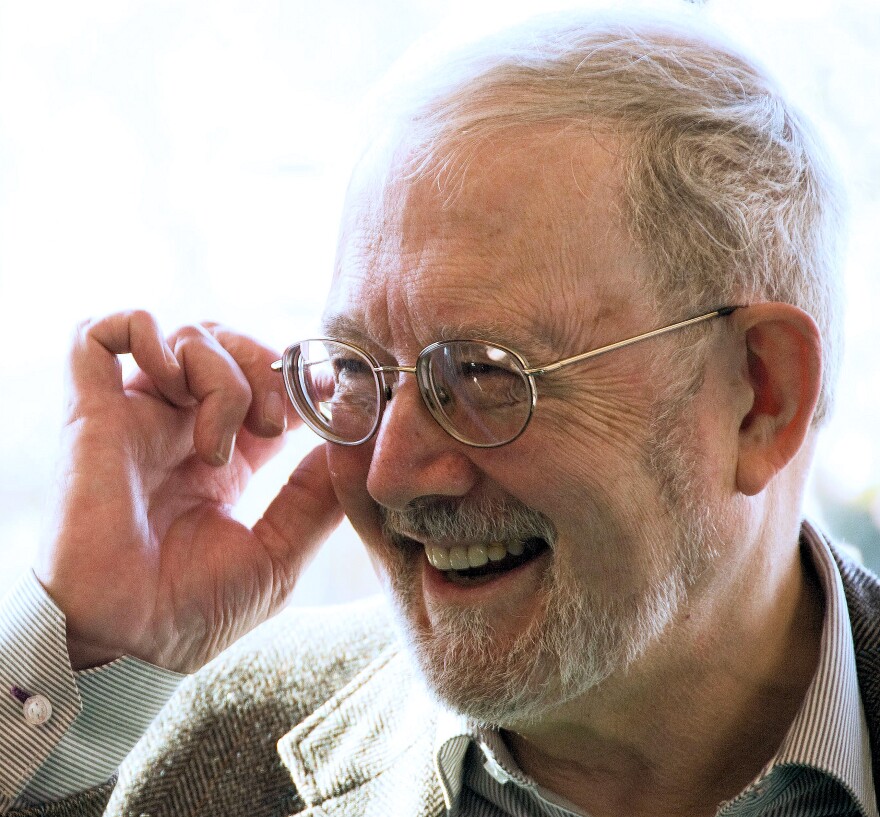Last week we spent several hours in the cabin of a brand new state-of-the art Boeing airliner, trying to hear a stream of announcements that were all but inaudible. Half the passengers were anxiously cupping their hands behind their ears, trying to decide whether the muttered electronic voices were announcing doom or dinner. The cabin crew paid no attention whatsoever.
Before this we had spent a couple of hours in one of the world's busiest airports, listening to a long series of garbled instructions and warnings from speakers above our heads, not one of which we could hear. Then we got on a high speed train, another state of the art device, which whisked us along at a hundred and forty miles an hour. Many no doubt interesting announcements were made through the public address system along the way, but we couldn't make out a single word. In the super modern stations at the both ends of the line it was the same story.
Yes of course I am going deaf, isn't everybody? Old people go deaf because of age and young people go deaf because of their vile music. We all need clarity, and volume, not mystery announcements, read sotto voce, very fast, and apparently in Portuguese. What if they were trying to tell us something important, like a safety emergency or a visit by ISIS or the fact that the bar had run out of peanuts? We would never know it.
When you trust your life to these high technologies you may wonder why they can't get this one simple thing right. But this is the distinctively human contribution, not the fatal flaw but the necessary flaw in what might otherwise be a perfect system. As the ancient Greeks understood very well perfection must never be allowed to happen, because in a perfect system nothing can ever change. It would, in short, be boring. So when things seem in danger of going too well, human beings must step in to mess them up. "What was that," we ask each other after each garbled message, and we are engaged and entertained by the mystery. Think how dull travel would be if all the public announcements were clearly enunciated and audible.
This is what Arthur Koestler called "The Ghost in the Machine," the human factor. Consider the surreal spectacle of a great airliner, weighing three quarters of a million pounds, rushing down the runway and being thrust into the air by ninety thousand horsepower engines gulping thirty gallons of fuel a minute, and violating all the rules of gravity and common sense. We know that a sort of engineering miracle has been achieved, but not a perfect miracle. The whole improbable machine is being controlled by computers just like the one that drives you crazy at home, and the cabin crew are up there making inaudible announcements over a Mickey Mouse PA system and trying to fix the coffee pot. So although the robots seem to be in charge, human beings are not quite useless. There is always some whimsical touch that only we can add. That's our place, in the shadowy corners of the automated world, and always will be because we are the masters of creative imperfection and, unlike the robots, we do have a sense of humor.
Copyright: David Bouchier


